A
Artichoke
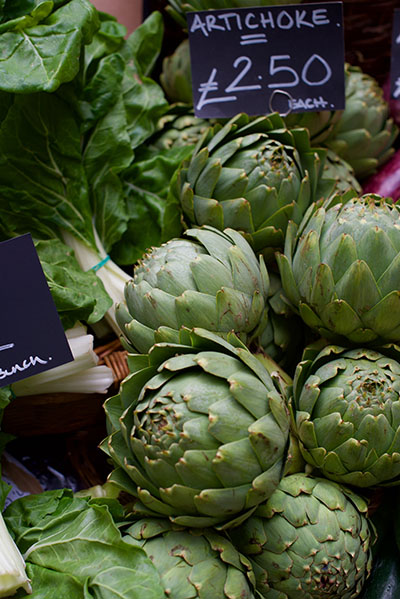
Rich in Vitamin C, Vitamine K, Folate, Sodium
and Magnesium. It can be converted into tea.
or be the main flavour of a strong liquor.
Asparagus

Rich in Iron, Vitamin A, C, E and K.
Helps lower blood pressure, is anti-inflamatory
and anti-viral. Also, asparagus are a
good source of Fiber, Potassium and Folate.
Aubergine
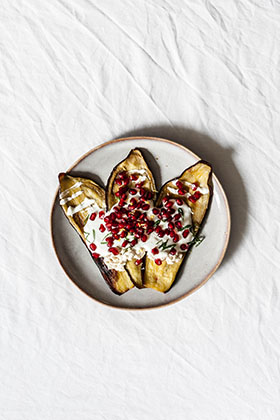
Rich in Fiber, Potassium, Magnesium, Copper and Iron.
Vitamin C, B1 and B-6 . Also, aubergines contain
antioxidants that protect the body against cellular damage.
B
Beetroot

Rich in Fiber, Potassium, Magnesium, Copper and Iron.
Vitamin C, B-6 and Folate. Physical performance is
enhanced thanks to its high inorganic nitrate content.
Broccoli

Rich in Fiber, Potassium, Iron, Magnesium and Phosphorus.
Contains Vitamin C, B-6, K, Folate and beta-Carotene.
Its high dose of Vitamin K helps to improve bone health.
Brussels Sprouts
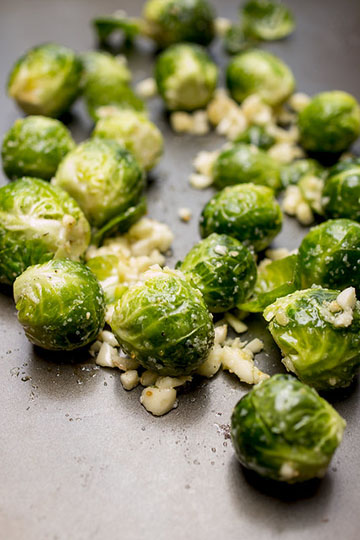
Contain Fiber, Potasium, Magnesium and Iron. Brussel Sprouts
Vitamin A, C, B-6, K, and Folate. Its high Vitamin C
helps with the absorpion of Iron and the immnute system.
Rich in Omega-3 Fatty Acids known for helping to reduce
inflammation, insulin resistance, cognitive decline and triglycerides.
Butternut Squash
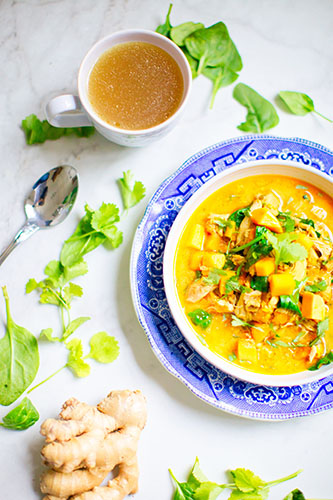
Contains Fiber, Potasium, Magnesium, Iron and Phosphorus.
Vitamins A, C, E, B-6, calcium and Folate Its also
a source of beta-carotene wich helps mantain a helthy skin,
immnune system and vision. Beta-carotene gives that orange color.
C
Carrots

Carrots contain beta carotene, fiber, vitamin A, K1,
B-6, Potassium, antioxidants and Biotin aslo known as Vitamin H
or B-7. Biotin helps the body to process glucose and
to mtabolize proteins, fats and carbohydrates.
Cabbage

Cabbages are high on Vitamin C and Vitamin K.
They also contains Vitamin B-6 and Folate alongside
many anti-oxidants that help to reduce inflamation.
Cauliflower

Cauliflower contains Magnessium, Phosphorus and Potassium.
Also this veggie is rich in Vitamin C, K and B-6 and Folate.
Cauliflower is also rich in Choline a nutrients that helps
produce brain neuro-transmitters and keep a healthy nervous system.
Celery

Celery is a fat free veggie rich in Sodium and Potassium.
Also celeries are a good source of Vitamin A, K and Folate.
Celeries contains Fiber which helps to reduce bad cholesterol.
Corn

Corn as any other cereal grain contains carbs.
It also contains Fiber, Proteins, Minerals such as
Manganese, Zinc and Copper. Plus Lutein and Zeaxanthin
are the main carotenoids in corn 70%, which helps with eye health.
Cucumber

Cucumebrs contain protein, Fiber, Vitamin C, K. And essential
minerals such as Magnesium and Potassium. About 96% of the
vegetable is made of water, they are ideal to promote hydration.
Cucumber also may help to reduce blood sugar and prevent diabetes.
D
Dandelion Greens
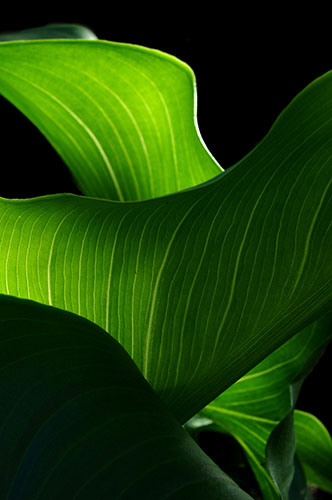
Dandelion is a good source of Vitamins A, C, K, B abd Folate.
dandelion contains high dosis of beta-carotene, which helps
to protect the body agains cellular damage and oxidative stress.
E
Eggplant

Also known as aubergines, although is often considered a veggie,
eggplants are technically a fruit, as they grow from a flowering
plant and contain seeds. Rich in Fiber, Potassium, Magnesium,
Copper and Iron. Also eggplants contain Vitamin C, B1 and B-6.
F
Fennel

Fennel is high in fiber, minerals such as Sodium,
Potassium and Magnesium. Fennel also contains Vitamin C,
Calcium. Its numerous anti-oxidants protect the body against
chronic deseases, obecity, cancer, and type 2 diabetes
G
Garlic

Garlic contains Manganese, Selenium, Vitamin B-6
Vitamin C and Fiber amongs other nutrients. Garlic may
help to combat the common cold. Also garlic may help
to reduce blood pressure and oxidative damage.
Green Beans
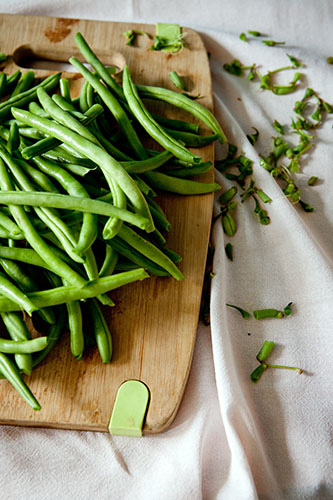
Green beans contain calcium, Iron, Magnesium, Phosphorus,
Potassium, Zinc. Vitamins A,C, K and Folate. Also, contain
dietary Fiber which may help to reduce bad cholesterol.
H
Horseradish
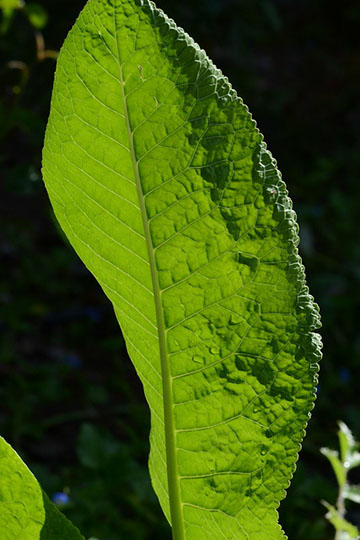
Horseradish contains calcium, Iron, Magnesium, Phosphorus,
Potassium, Proteins and dietary Fiber. Horseradishs also are rich
in Folate, Vitamin C and Omega-3 which help to lower blood pressure.
I
Iceberg Lettuce
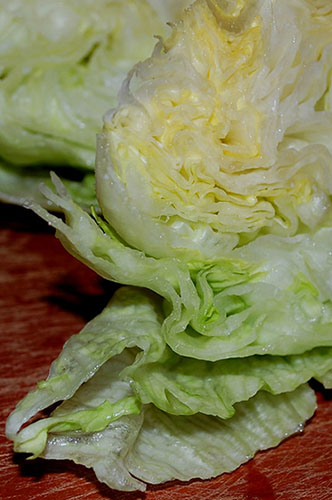
The Iceberg Lettuce contains calcium, Folate, Potassium and
Magnessium. It is also rich in Vitamin C, Vitamin K and A. Its
nutrients help protect the immune system, heart, eyes and bones .
J
Jicama
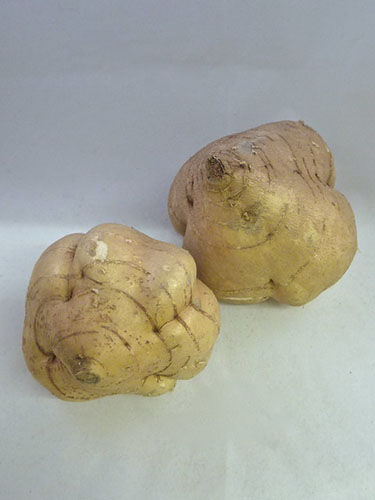
Jicama is rich in dietary Fiber, and is considered a low
glycemic food. Jicama also contains Magnesium, Potasium and
Iron.Its Iron and copper content may improve blood circulation.
K
Kale

Kale is one of the most nutritious foods in the planet.
Kale is rich in Vitamin A, K and C. It also contains Vitamin B6
in smaller dosis. Plus, Calcium, Copper, Potassium and Magnesium.
Kale is full of powerfull anti-oxidants such as Quercetin and Kaempferol.
L
Leeks
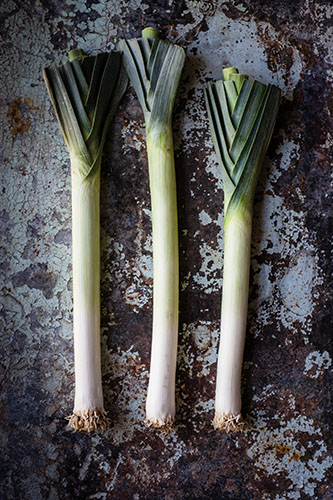
Leeks contain Vitamin A, C and B6 alongside dietary Fiber.
and minerals such as Magnesium and Iron. The carotenoids found in
Vitamin A help keeep a healthy visiom, reproduction system and body cells.
Lettuce

Lettuce contains Vitamin C, A, K and B6. It also contains
Magnesium, Iron, Dietary Fiber, Calcium and Copper. Its high
Vitamin A content helps mantain a healthy vision and skin.
M
Mushrooms

Mushrooms contain dietary Fiber, Proteins, Potassium, Vitamins
A, B6, C, Magnessium, Iron and Copper. Mushrooms' Betan glucan
content, is a dietary fiber known for helping improve cholesterol and
boosting hearth health. Plus, it may help to regulate blood sugar.
N
Napa Cabbage
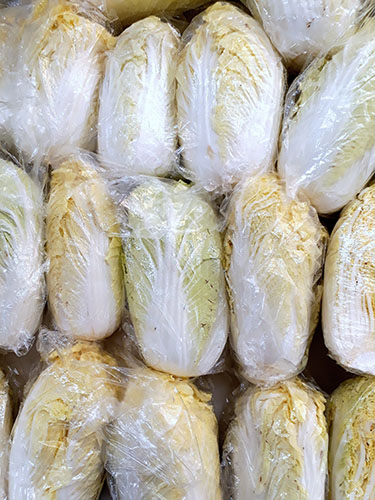
Napa Cabbage is a type of cabbage from beijing region of China. It
contains Vitamin A, C, B-6, K, Folate, Calcium, Iron and Magnesium.
Its high Vitamin C content may protect the body against damages
caused by free radicals and lower the risk of certain cancers.
O
Onion

Onions are rich in Vitamin C, B, B-6 and Folate. They also
contain Magnesium, Potasium and dietary Fiber. Compounds found in
onions, such as quercetin and sulfur may have antidiabetic effects.
P
Parsnips
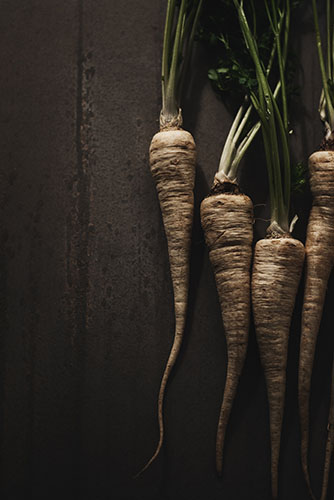
Onions are rich in Vitamin C, B-6, E, K and Calcium. Parsnips also
contain Iron, Magnesium, Potasium, Folate and Dietary Fiber. Fiber intake
may reduce cholesterol, lower blood pressure and helps reduce inflamation.
Peppers

Peppers are rich in Vitamin A, C, B-6, E, K1 and Folate. They
also contain Potassium, Iron and Magnesium and various anti-oxidants
that help mantain healthy eyes and skin cells. Plus, peppers
may help prevent anemia thanks to its high Iron content.
Potatoes

Potatoes are rich in Vitamin C, B-6 and Potassium. They
also contain Magnesium, Iron, Dietary Fiber and numerous
anti-oxidants. Potatoes contain more Potassium than a banana.
Pumpkin

Pumpkin are rich in Vitamin A, C and Potassium. They also contain
Magnesium, Potassium, Iron, Copper and Dietary Fiber. Pumkins are
low in calories and rich in water. Its high beta-carotene content
helps mantain healthy eyes and protects the body against free radicals.
R
Radish
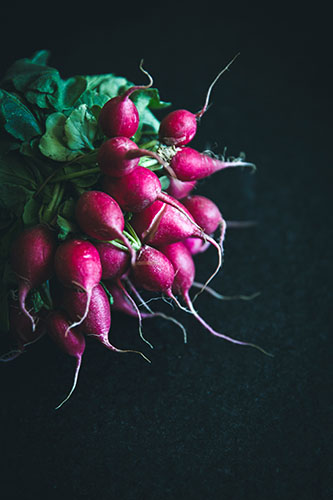
Radishes contain Vitamin C, B-6, K, Folate, Calcium, Potassium
and Dietary Fiber. Alongside minerals such as Magnessium, Zinc
and Copper. Radishes help to regulate blood sugar levels, lower
cholesterol, aid weight loss and have powerful antifungal properties.
Rhubarb
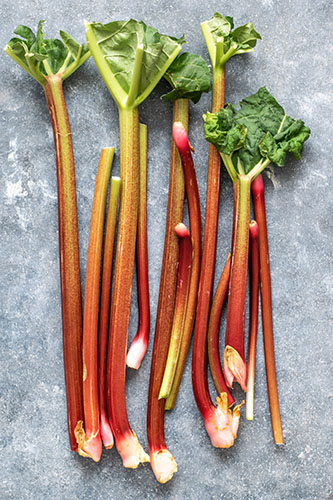
Rhubarbs are rich in Vitamin K1 and Calcium. They also contain
Vitamin C, Dietary Fiber, Magnessium and Potassium. Rhubarb may
help lower cholesterol levels. In America is considered a fruit.
S
Spinach

Spinash contains protein, Dietary Fiber, Folate and Calcium.
Vitamins A, C, K-1 and minerals such as Iron. Its high nitrates
helps moderate blood pressure and decrease risk of heart deseases.
It may cause kidney stones and blood clotting if no eaten in moderation.
Sweet Potatoes
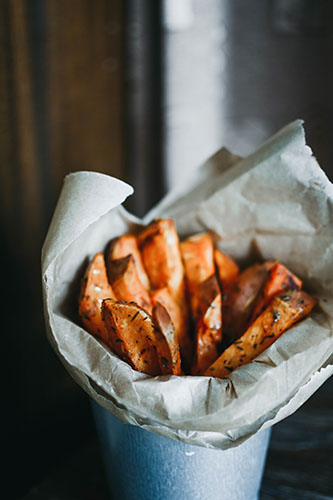
Sweet potatoes are rich in Vitamin A. Also contain Vitamins C,
E, B-6, Calcium, Dietary Fiber, Magnesium and iron. Sweet potatoes
are an excellent source of Beta Carotene, Chlorogenic acid and
Anthocyanins, all powerfull anti-oxidants that help fight cell damage.
T
Tomatoes

Tomatoes in theory are fruits as they contain seeds. Tomatoes are
a good source of Vitamin C, Vitamin K, Fiber Potassium and Folate.
Tomatoes-based foods rich in lycopene may protect against sunburn.
Turmeric

Turmeric roots contain Dietary Fiber, Potassium, Iron, Magnessium and
Vitamin C. Turmeric is used as a pain relief medicine and it may
help improve liver function and has nemerous anti-oxidant properties.
Turnip
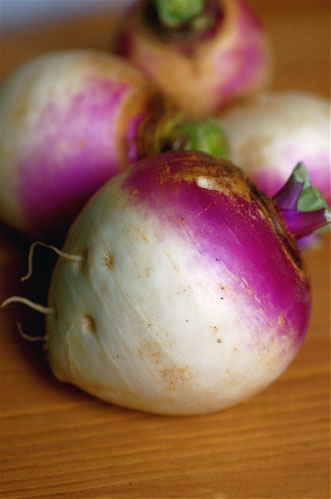
Turnips contain Vitamin C, B-6, K, Calcium, Dietary Fiber,
Potassium, Magnessium, Iron, Phosphorus, Zinc and Folate. Turnips
may help prevent constipation and keep healthy blood sugar levels.
W
Watercress
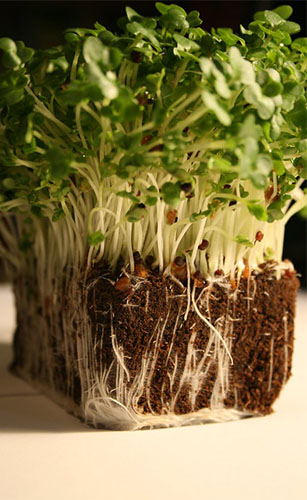
Watercress is rich in Vitamin A, C and K. It also contain
Vitamin B-6, Dietary Fiber,Calcium, Potassium, Mannesium and
Iron. Its dietary nitrates have been shown to lower blood pressure.
Y
Yam
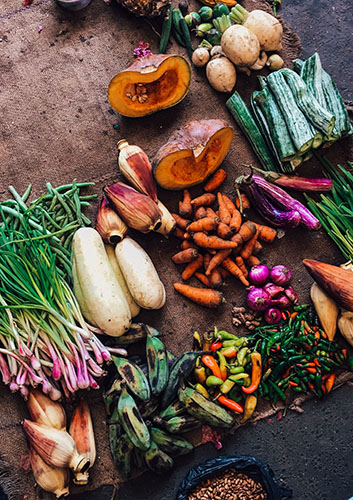
Yam is rich in Vitamin C and Potassium. It also contains Vitamins
A, B-1, B-2, B-3, B-6, Calcium, Dietary Fiber, Magnesium, Iron
and Copper. It can help regulate bad cholesterol and studies have
found yam may help relieve the symptoms typical of menospause.
Z
Zucchini
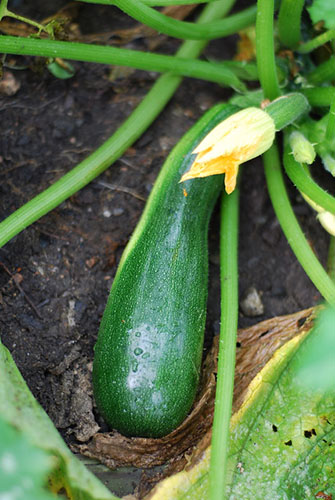
Zucchini or courgettes contain Vitamins A, C, B-6, K Potassium,
Dietary Fiber, Folate. And minerals sich as Magnesium, Copper and
Iron.its high Vitamin A content helps mantain a helthy vision and
the immune system. Plus Zucchini is paked with numerous anti-oxidants.

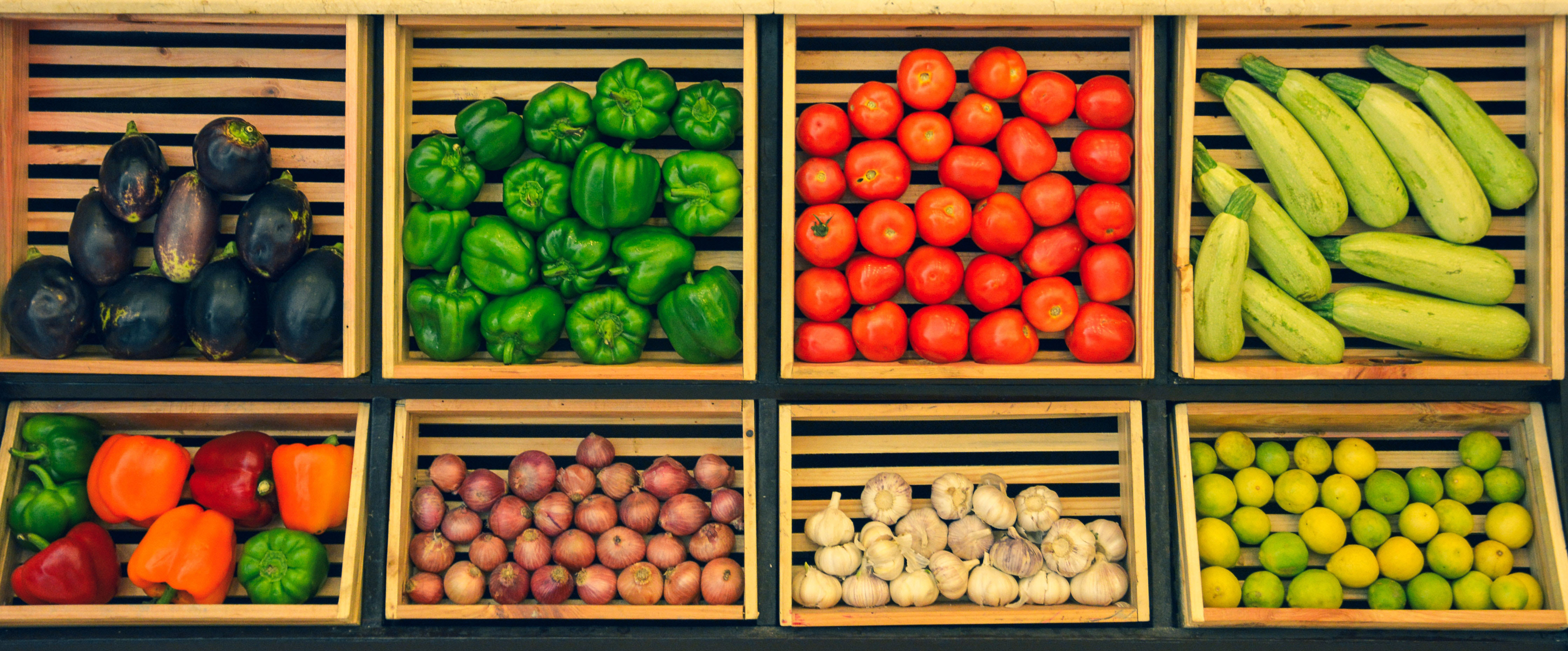


 We listed the most popular veggies.
We listed the most popular veggies. 
